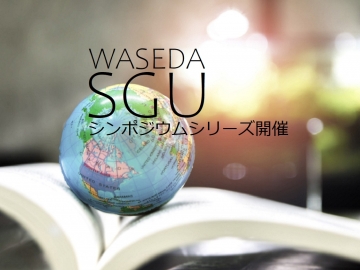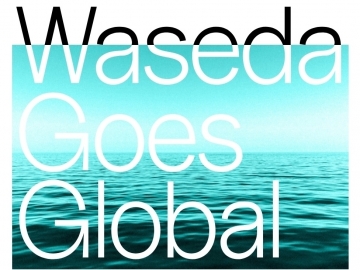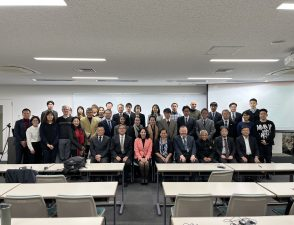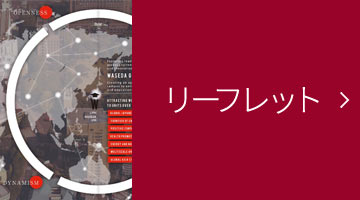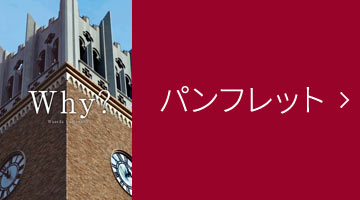日時
2018年4月17日(火) 18:15~19:45
会場
早稲田キャンパス14号館9階960号室
講演者
Agnes Ling-yu Hsiao (PhD in Sociology, University of Cambridge)
タイトル
The De-Politicised Reconciliation in Taiwan’s Present-day Political Life
セミナー内容
Reconciliation in the post-Cold War Era
Reconciliation is always about settling the conflict in the post-conflict situations. After the end of WWII and the prolonged political tension of the Cold War, reconciliation is now becoming a substantial scheme for nations worldwide to tackle the past tensions and project a future of prosperity and peace. In this regard, the idea and practice of reconciliation become the primary battlefield of contesting the past, especially the past conflicts amid nations.
Transitional justice and reconciliation in Taiwan
On this premise, Taiwan has been a salient case, for its unique historical background and political transition. The White Terror in Taiwan was a 43-year period during which the Kuomintang (KMT) regime, with significant support from the United States during the Cold War era, persecuted its political opponents, imprisoning tens of thousands of people and executing some 1200. In the wake of democratisation since the 1980s, Taiwan has instituted a scheme of transitional justice to acknowledge and atone for the past political oppression and to promote national reconciliation. As this initiative was undertaken by the same regime that perpetrated the White Terror, questions of objectivity and transparency arise. Accordingly, a critique of the transitional justice scheme in Taiwan is to examine the official discourse on the subject and the non-official discourses amongst survivors of the White Terror in present-day Taiwan. Tensions between the different discourses are identified.Arguably, transitional justice implies the construction of the past in the present, which refers to contestation of the past in the context of present-day society in Taiwan. Drawing on discursive analysis of Taiwan’s transitional justice initiatives since the late 1990s, as well as in-depth interviews with 24 former political prisoners, the study discerns how the official transitional justice discourse is circumscribed and limits our knowledge of the White Terror, insomuch as the ambition of initiating a scheme of reconciliation in Taiwan.
The de-politicised reconciliation scheme in Taiwan
The end of Cold War did not happen in the name of liberation, but with the victory of the Western-led democracy. We thus find difficulties in marshalling reconciliation in Taiwan, for the advent of the post-Cold War era does not guarantee an end of dispute on past conflicts. The global changing politics continue to shape Taiwan’s approach on the issue of reconciliation of its past responsibilities. Reconciliation does not only refer to the persecuted ones reconcile with the perpetrators. More profoundly, it is also about the scheme of de-stigmatisation and the liberation of the former ‘enemy of the state’, especially the former socialists and communists. In this regard, transitional justice scheme in Taiwan has come to find its difficulties and challenges in the present-day.In this presentation, I shall discuss how both the global politics of reconciliation and Taiwan’s unique political condition have come to shape this limited yet unique reconciliation scheme in Taiwan in terms of my in-depth observation of the living evidence: the former enemy of the state, i.e., the political victim in present-day Taiwan. In all, an issue of how a political reconciliation scheme is de-politicised shall be the pillar of the talk.
コーディネーター
浅野豊美(早稲田大学政治経済術院教授)
言語
英語
対象
学生・教職員・一般
参加費
無料

